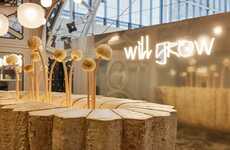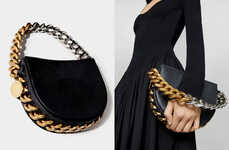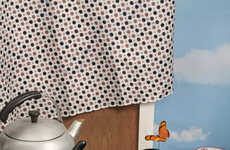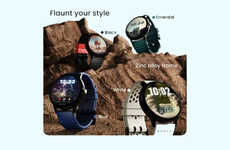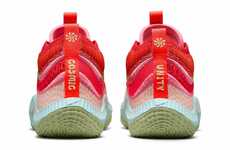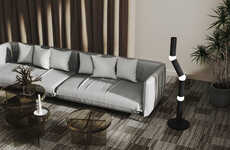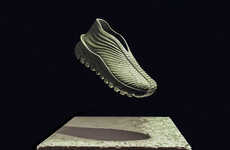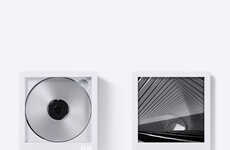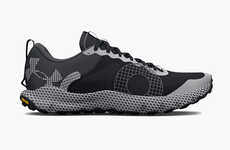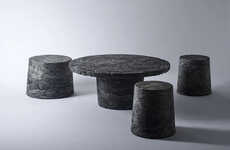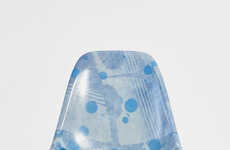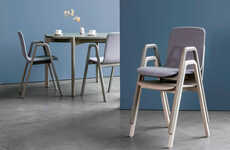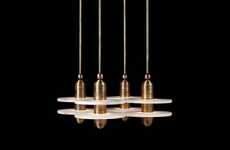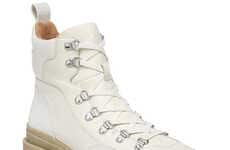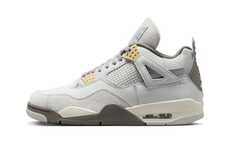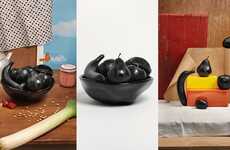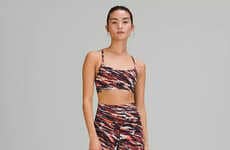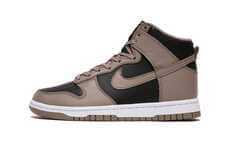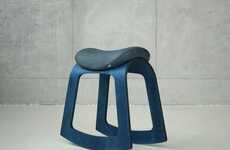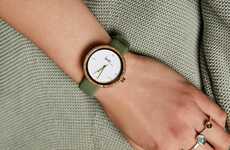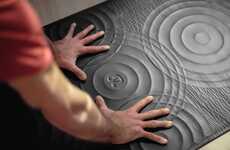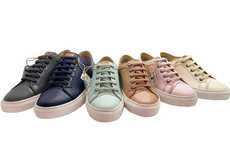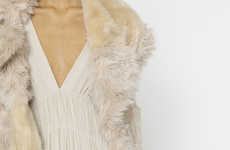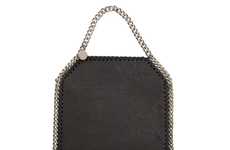

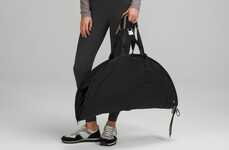

Brands are using mycelium as a vegan leather substitute across industries
Trend - Brands across textile industries have begun using mycelium as a basis for vegan leathers. These leathers are nearly indistinguishable from animal leather, and are more sustainable. Mushroom leather products can be marketed without backlash from eco-conscious consumers and organizations.
Insight - The two main reasons why customers are hesitant to purchase products made from animal leather are the ethics of animal cruelty and unsustainability, as leathermaking produces carbon emissions. However, leather has become a staple in handbags, jackets, and more, as it is weather-resistant and fashionable. While vegan leathers have been around for a while, brands have yet to perfectly replicate the quality of genuine leather, placing pressure on brands to continue trying new materials.
Insight - The two main reasons why customers are hesitant to purchase products made from animal leather are the ethics of animal cruelty and unsustainability, as leathermaking produces carbon emissions. However, leather has become a staple in handbags, jackets, and more, as it is weather-resistant and fashionable. While vegan leathers have been around for a while, brands have yet to perfectly replicate the quality of genuine leather, placing pressure on brands to continue trying new materials.
Workshop Question - How could your brand transform traditional products with sustainable practices?
Trend Themes
1. Mycelium-based Vegan Leather - Brands across textile industries are using mycelium as a basis for vegan leathers, placing pressure on brands to continue finding new materials.
2. Sustainability in Fashion and Design - From fashion and furniture to accessories, sustainable and eco-friendly materials are being explored as alternatives to harmful textile production.
3. Bio-based Materials - Bio-based materials like mycelium, which is used in the vegan leather industry, are certified sustainable and offer new disruptive innovation opportunities for businesses.
Industry Implications
1. Textile Industry - As brands across the textile industry shift to more sustainable alternatives, opportunities for innovation in both material development and design are emerging.
2. Fashion Industry - Sustainability is becoming a key trend in the fashion industry, offering opportunities for innovation in materials and production processes.
3. Home Design Industry - As seen in the MycoWorks and Heron Preston collaboration, sustainable materials like mycelium are also being explored as options for home decor, presenting new opportunities for innovative designs.
8 Featured, 60 Examples:
140,418 Total Clicks
Date Range:
Jul 21 — Oct 23
Trending:
Warm
Consumer Insight Topics:
